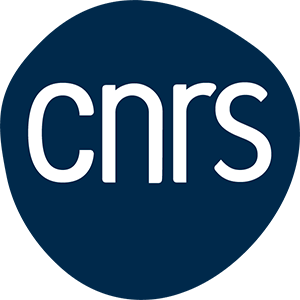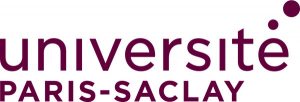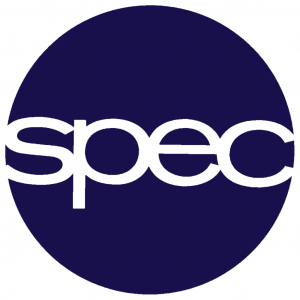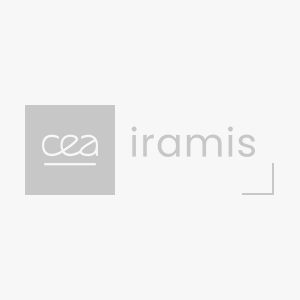The interaction of a quantum system with the environment leads to the so-called quantum decoherence. The study of this process has raised a great deal of work over the past decade. For instance, seminal experiments have allowed the controlled probing of the decoherence of quantum states. In a recent work, we complemented this study by addressing the effect of a decohering environment, not on a quantum state, but on the quantum capability of a measurement apparatus. I will first present in this talk how to define the non-classicality of a detector and how to experimentally follow in a quantitative way the degradation of detector performances in a noisy environment. Besides its fundamental interest in understanding the quantum properties of optical detectors, our investigation has also a direct impact on the design of quantum information protocols and more precisely on the engineering of the quantum states of travelling optical fields using a conditional measurement. A general preparation strategy consists indeed in measuring one mode of an entangled state, which results in projecting the other mode according to this measurement. In the second part of the talk, I will show how the non-classical features of the detector translate into the state preparation. Finally, the last part of the talk will focus on our recent experimental generation of high fidelity single-photon and on the demonstration of a novel hybrid witness for single-photon entanglement. This work highlights the potential of hybrid optical methods, where the complementary wave and particle properties of light are used simultaneously.
Laboratoire Kastler Brossel, Paris




